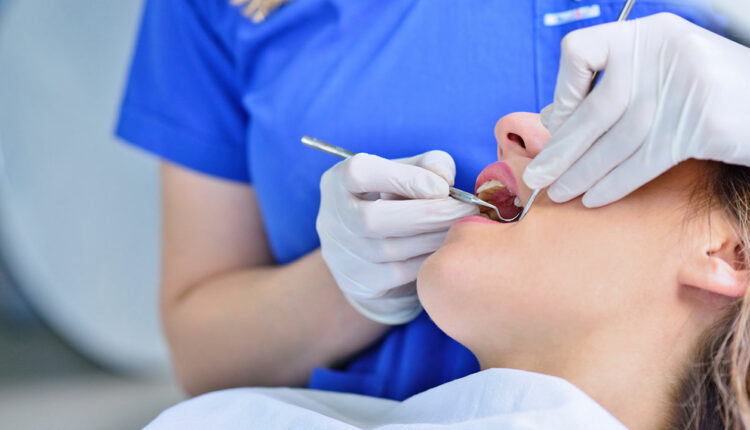
ADHA Takes Stand on Scaling, Airway Health, and Pushes Back Against ADA Resolutions
The American Dental Hygienists’ Association (ADHA) has introduced interim policies on scaling procedures and airway health screenings, pushing for advanced education and expanded roles for dental hygienists. These policies, set for official adoption in 2025, are sparking conversations about scope of practice and training requirements in the profession.
In response to requests from its members, the American Dental Hygienists’ Association (ADHA) recently approved two interim policies aimed at enhancing the role of dental hygienists in patient care. These policies, effective immediately, will be up for formal adoption in June 2025.
The first policy calls for scaling procedures to be recognized as advanced practices, requiring clinicians to have obtained high-level instrumentation, assessment, and critical thinking skills prior to performing scaling on patients. This policy goes against the American Dental Association’s (ADA) position that supports expanding the ability to scale to dental assistants who do not attain the same level of education as dental hygienists.
The second policy focuses on airway health screening, positioning dental hygienists as key players in identifying conditions such as obstructive sleep apnea and mouth breathing. While many applaud the expanded scope of patient care, others worry it may place additional training burdens on hygienists and raise concerns over whether this falls within their core competencies.
Proponents argue these measures will improve patient outcomes and elevate the profession, while critics are questioning the necessity and potential overlap with existing dental roles.
ADHA has also voiced strong opposition to several resolutions proposed by the ADA that may compromise educational standards and patient safety. The first resolution (401) seeks to remove the faculty-to-student ratio requirement in dental hygiene programs, which the ADHA argues could weaken the quality of education and lead to educator burnout. The second resolution (513) would allow dental students and residents to practice as dental hygienists without obtaining a separate licensure, a move the ADHA claims could result in underqualified practitioners and risks to patient safety. A third resolution (514/514B) proposes allowing internationally trained dentists to practice as dental hygienists, which raises concerns about inconsistent education standards and the need for U.S.-specific training. The ADHA urges the ADA House of Delegates to reject these proposals to maintain the integrity of dental hygiene education and licensure standards. Click here to read more.

